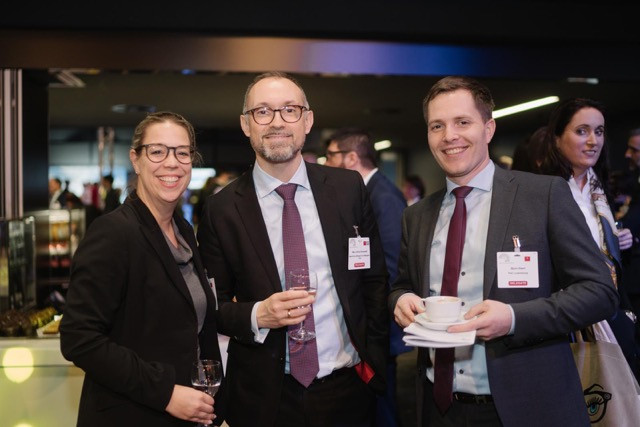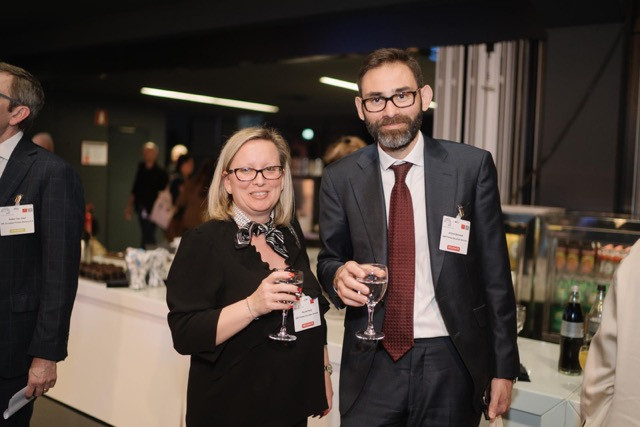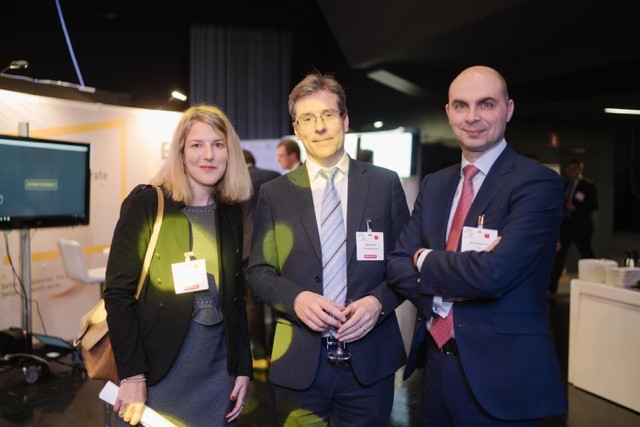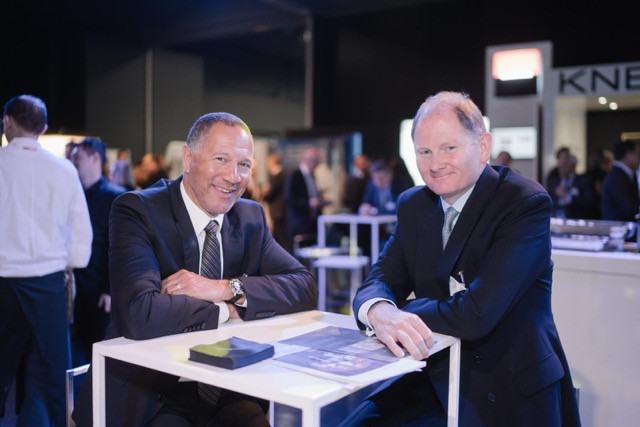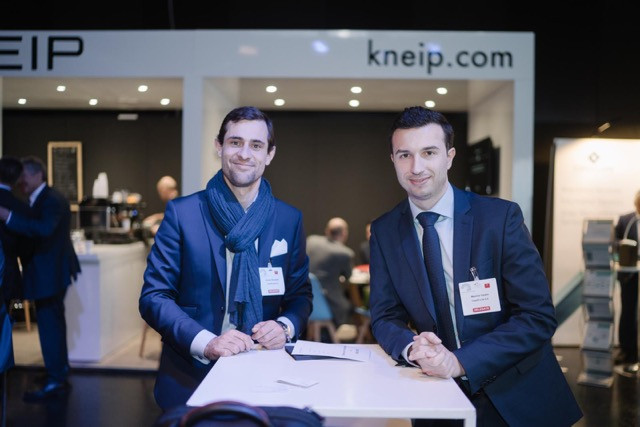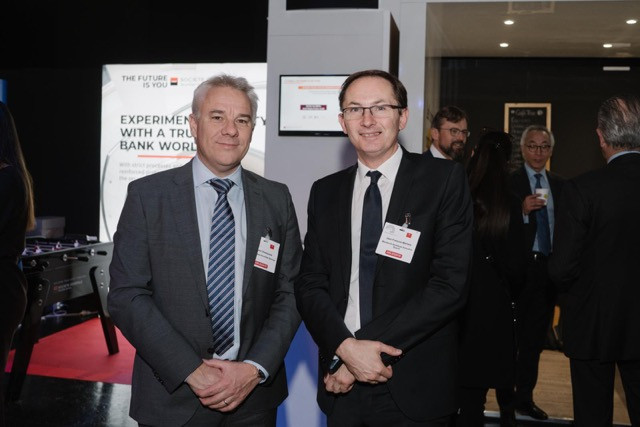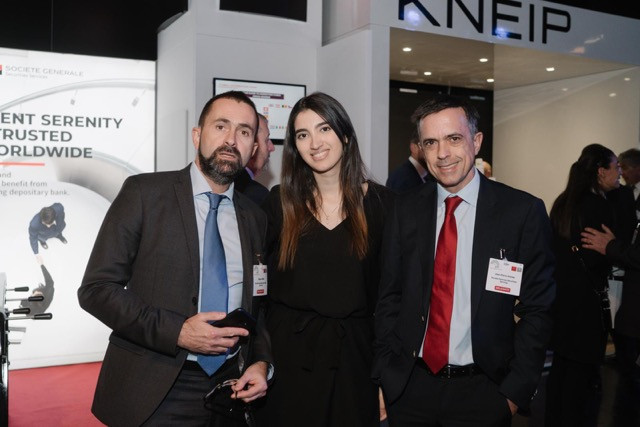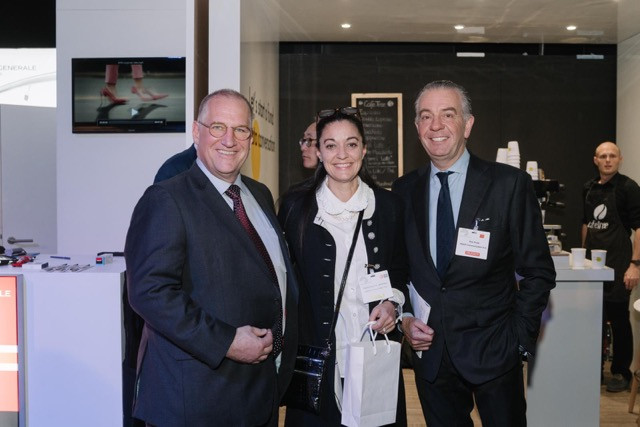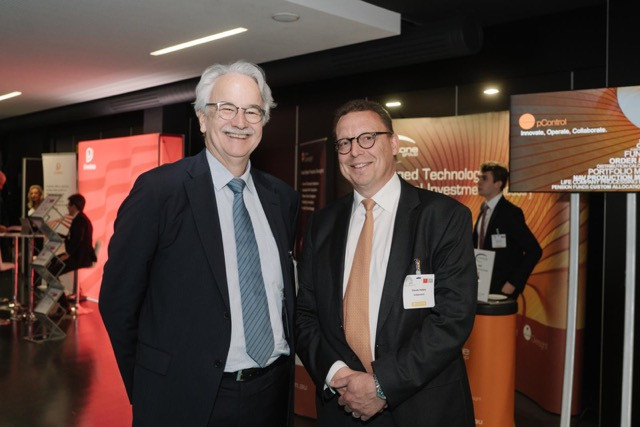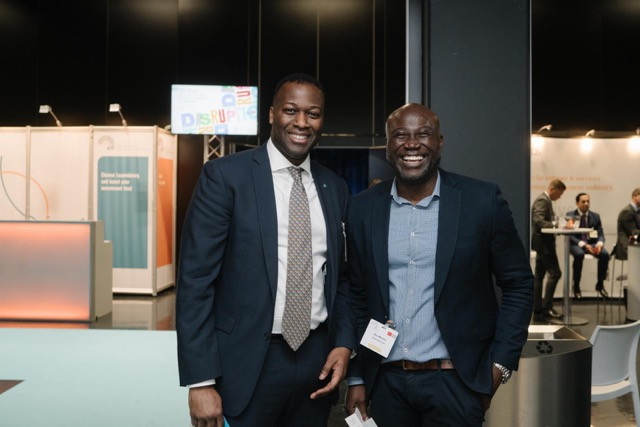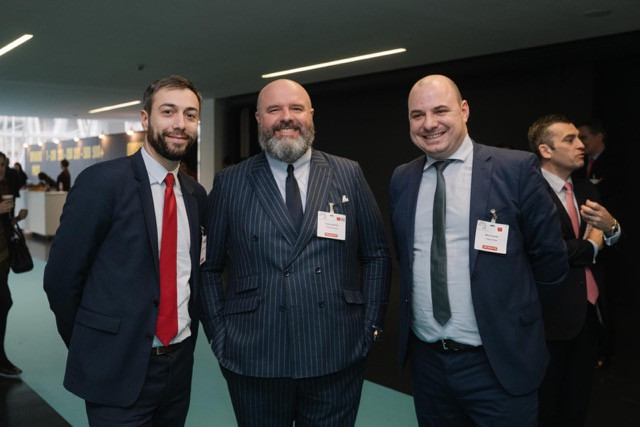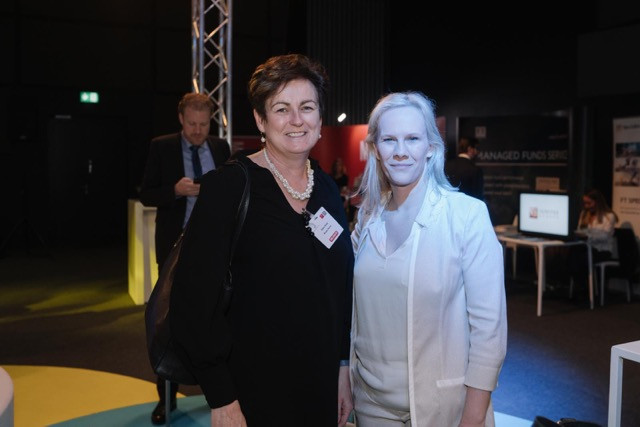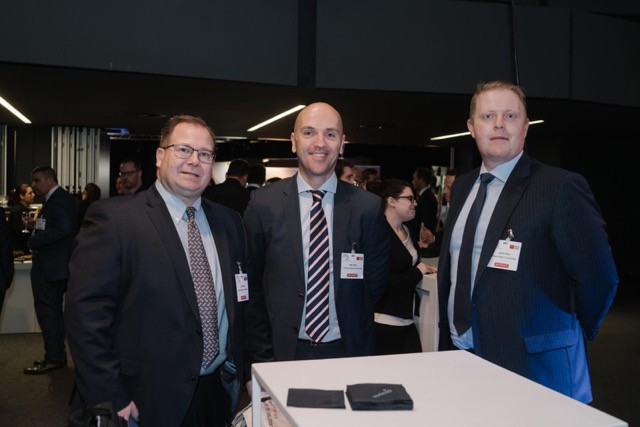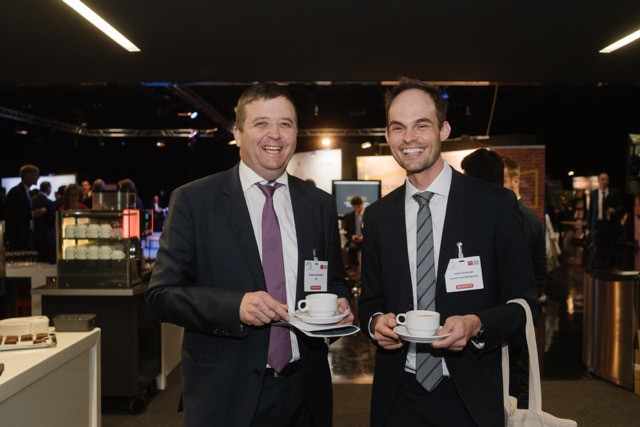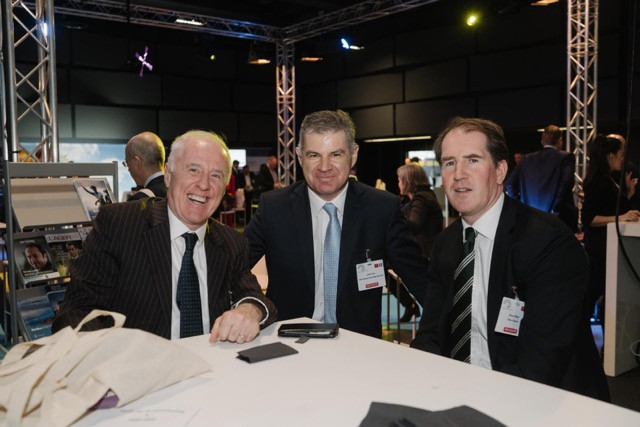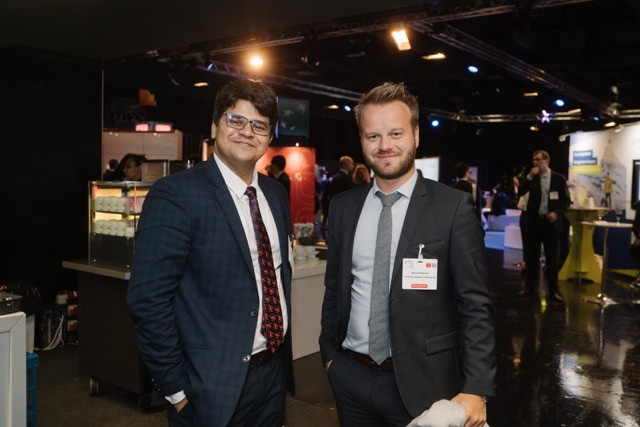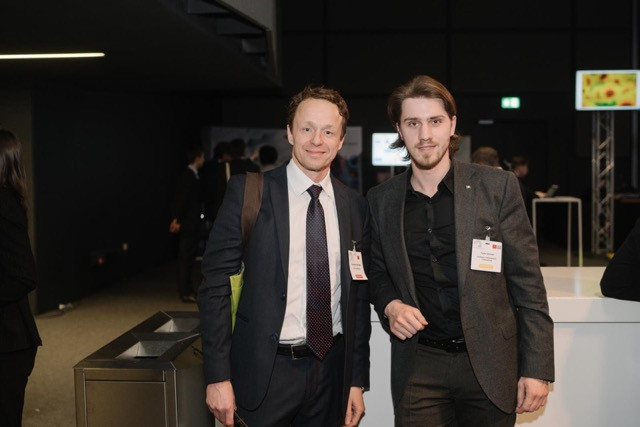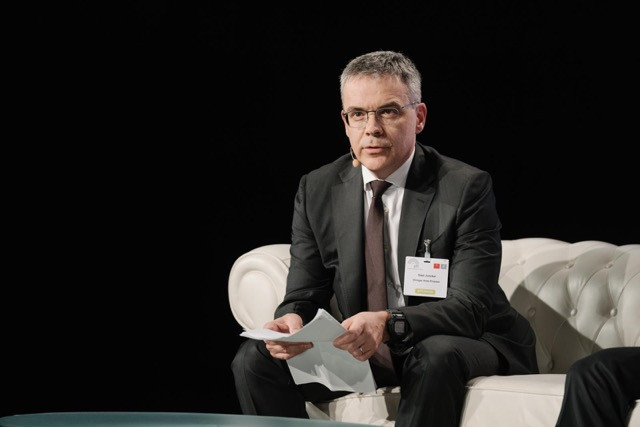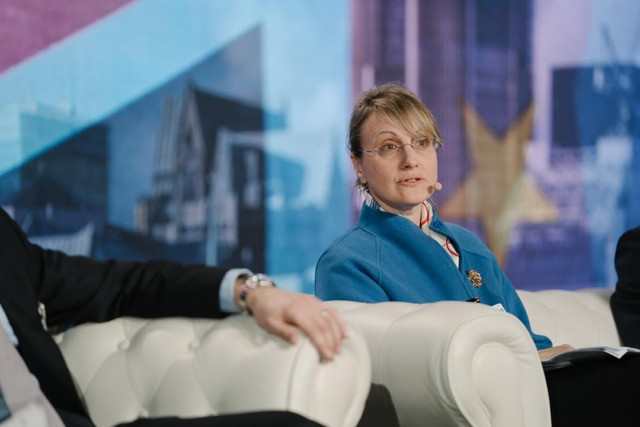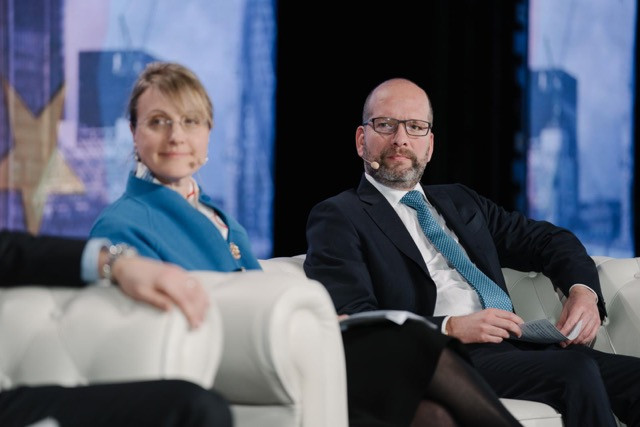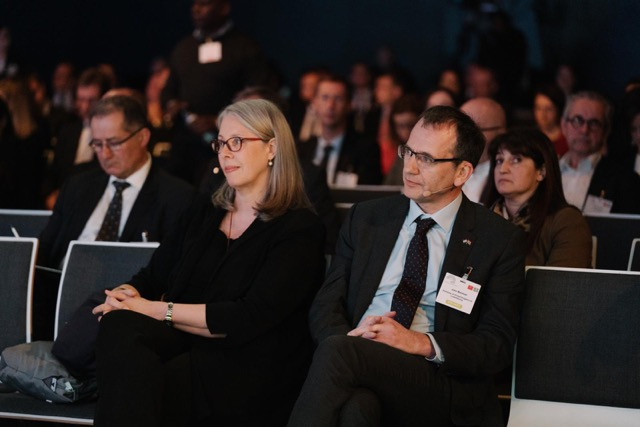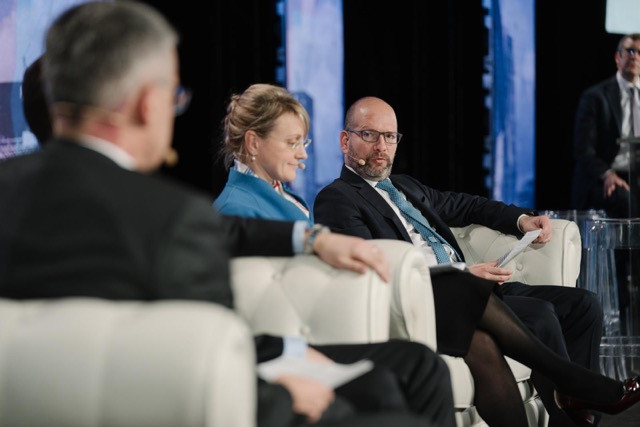Micaela Forelli, distribution director at M&G International Investments, said M&G “went with the decision” to relocate funds from the UK to Luxembourg “when the referendum was announced, not when the vote” was held. The firm had anticipated a possible negative outcome and wanted to be ready for a “successful launch after about a year and a half.”
Due to language skills and local legal knowledge, BNY Mellon Investment Management “made the decision to enhance our Luxembourg presence”, said Gerald Rehn, its head of international product & strategy. BNY Mellon consolidated several activities that it had run out of the UK and Ireland in the grand duchy. Its Luxembourg hub now sells and distributes its Ucits and alternative funds across Europe, with its UK operations “only looking at UK distribution”.
Capital Group has been operating in Luxembourg for 50 years and asked the CSSF to extend its Ucits authorisations, said Jean-Marc Goy, a conducting officer and senior counsel at the US-headquartered investment manager. The firm has also made preparations for distributing funds now based in Luxembourg into the UK in case of a hard Brexit. “We have submitted an application with the [UK regulator] FCA for the temporary permission regime, which has been specifically set up for a no deal scenario,” stated Goy.
Recruiting internally and externally
The panellists said all their firms had grown their headcount in the grand duchy to develop substantial operations here.
Forelli stated: “In the last couple of years we have increased our staff from 10 people to 30 now”. While some staff were transferred from Asia and the UK, “obviously we went to search for talent locally”, she said. “One aspect that was helpful was to have had [an existing] presence in the grand duchy. It was important to be familiar with and be known in the local scene, because in Luxembourg “the industry is close-knit”.
BNY Mellon now has about 250 people in Luxembourg, with its asset servicing team increasing from 4 to 12, according to Rehn. “You think that’s not so many. But it was a challenge”, both in terms of finding qualified conducting officers and maintaining the company culture “with a relatively high percentage of new-joiners”. The firm found a partial solution by recruiting former employees back to the company.
Experience with regulators
The three outfits had to undergo varying licensing procedures, but none complained (at least in front of conference hall full of government officials and industry peers) of undue strain.
Goy, himself a 20 year veteran of the Luxembourg regulator CSSF, said: “There is a secret to make sure the reaction is quicker from the regulator… a level of good preparation of the files.” Too often regulatory agencies receive applications in “draft” stage, perhaps even unreviewed by a company’s legal counsel, he stated. That means officials will obviously need more time to sort through the documentation. “If the file is well prepared” on the other hand, Goy said his firm “has the impression that the regulator reacts quickly”.
M&G relocated about €40bn in assets from UK to Luxembourg-domiciled funds, which Forelli called a “complex exercise”. For example, the firm had to ask authorities across the European Economic Area for several tax rulings when transferring funds yet “these regulators were very, very understanding”. At the same time, management made redomiciliation a priority. Brexit, she said, “has been the main project for us the past two years… time and preparation was essential.”
Contingency plans
In recent days, the British prime minister has evoked a possible delay to the 29 March Brexit deadline. The panellists were asked how that could change their plans.
Rehn said the industry is pretty much prepared to shift operations out of Britain. “No matter what happens after this, I don’t think the UK funds hub would be able to take on European money for the foreseeable future”. Clients want to be able to make long-term decisions, so “for the foreseeable future it’s a UK market and then a European one”.
Forelli said that in her “personal opinion the outcome of a disorderly Brexit would be worse for everybody. So if a delay means a more orderly exit” then she’s in favour.
“Personally I think the UK and EU would be better off together,” Goy argued. “If the UK would remain in EU it would be better for the UK and for the EU and therefore it’s my optimistic hope, and I still keep some hope, that we could see” another scenario emerge. “But we are prepared for any outcome that we may face.”

